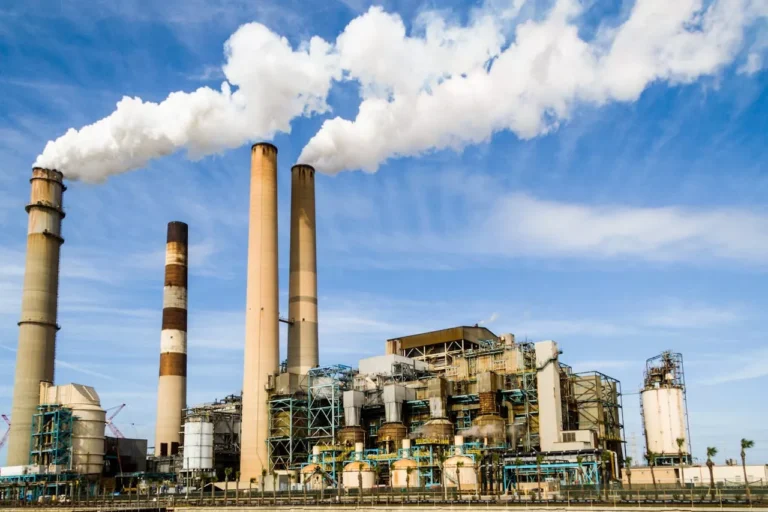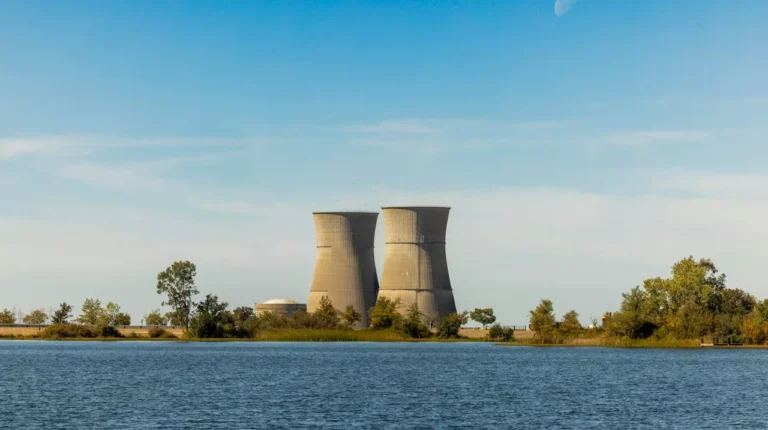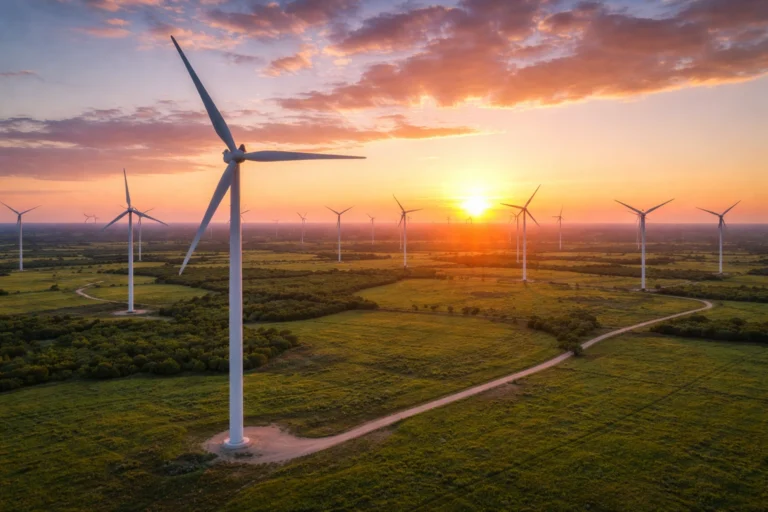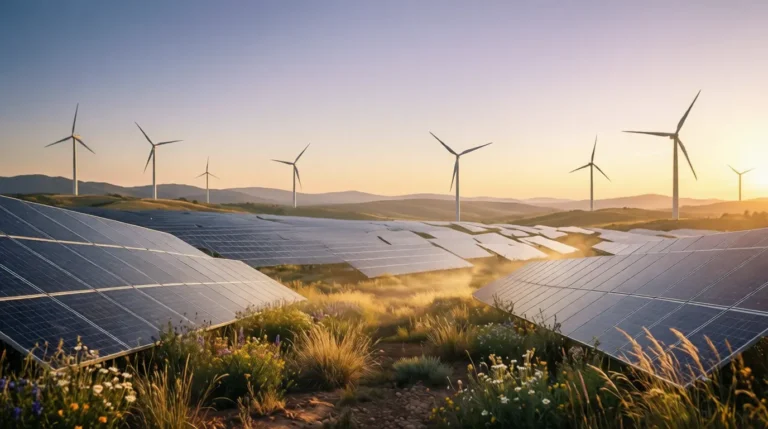
On 29 June 2023, ENGIE and the Belgian government signed an intermediate agreement defining the terms of the extension of the Doel 4 and Tihange 3 nuclear units. This agreement aims to ensure a balanced distribution of risks between the two parties and to eliminate uncertainties concerning future changes in provisions related to the treatment of all nuclear waste.
It builds on the non-binding agreement in principle signed on January 9, 2023 and defines the following terms:
- the commitment from both parties to use their best efforts to restart the nuclear units of Doel 4 and Tihange 3 as early as November 2026, or, subject to the effective implementation of an announced relaxation of regulations, as early as November 2025, with the aim to strengthen the security of supply in Belgium;
- the establishment of a legal structure dedicated to the two extended nuclear units, equally owned by the Belgian State and ENGIE, aligning the interests of the two parties and ensuring the sustainability of the commitments from both parties;
- a business model of the extension with balanced risk allocation, notably through a contract for difference mechanism with incentives for the industrial operator to achieve favourable technical and economic performance at the plants;
- an agreement on the fixed amount of future costs related to the treatment of nuclear waste1, based on a new scenario defined by ONDRAF, covering all of ENGIE’s nuclear reactors in Belgium, for a total amount of €15 billion. This amount is to be paid in two instalments, one at closing in the first semester 2024 for categories B and C and a second payment at the start of the LTO2 for category A.
As a result of the transfer of all nuclear waste liabilities to the Belgian government, ENGIE group will no longer be exposed to the evolution of future costs related to the treatment of waste, reviewed every three years by the Nuclear Provisions Commission (“CPN”). In return, the Group will recognize the increase in its commitments under this agreement as an expense impacting non-recurring income for the 2023 fiscal year, after nuclear provisions adjustment, for an amount of around €4.5 billion before tax. The Group anticipates an increase in economic net debt of the same order of magnitude.
The implementation of this agreement, subject to the signature of the definitive agreements expected at the end of July 2023, has no impact on ENGIE’s guidance for the medium-term presented in February 2023, neither in terms of net recurring income, nor in terms of credit, investments and dividend policy. The agreement also foresees the removal of restrictions on certain Electrabel assets.
Catherine MacGregor, Chief Executive Officer, said: “After several months of intense and constructive dialogue with the Belgian government, we are pleased with the signing of this balanced agreement for both parties. It provides ENGIE with the necessary visibility on the total amount related to nuclear waste management and significantly reduces the risks linked to the extension of the two units. This is a new fundamental step towards the extension of Doel 4 and Tihange 3, for which ENGIE is fully and responsibly committed.”
1 There are three categories of waste: category A, low radioactive waste intended for surface storage, and categories B and C, highly radioactive and intended for geological disposal. These categories are subdivided into several subdivisions of waste (~50 subdivisions in total).
2 Long-Term Operations
Source link: https://en.newsroom.engie.com/










